MacBooks: Apple over Dell; Air sell-through; new models slower
Apple has eclipsed Dell as the No.1 supplier of notebooks to higher education in the United States. Meanwhile, thin supply of MacBook Airs suggests demand remains high for the super-slim notebook a month removed from initial availability. And the entry level Penryn-based MacBook is reportedly slower than its predecessor.
One grossly overlooked revelation made by Apple chief operating officer Tim Cook during his recent speech at the Goldman Sachs Investment Symposium is that Apple has recently overtaken Dell as the largest supplier of notebooks to US-based universities.
"We just received word on Monday that Apple surpassed Dell as the number one supplier of portables to US higher education for 2007," he said. "The ceiling for the Macs is nowhere in sight. Even if the market itself isn't growing, for us, switching Windows users is an enormous opportunity."
As noted by Computerworld, that's a considerable turnaround for Apple, which saw Dell outpace its notebook sales to higher education by two-to-one just one year prior.
The emerging trend towards Apple notebooks on the part of universities saw yet another player added to the mix this past Friday, with Oklahoma Christian University ">announcing
"Current students also will be given the opportunity to trade in their PC laptop for an Apple MacBook," the university said in a statement. "This MacBook mobile learning initiative and the reliable campus-wide wireless infrastructure will allow OC to continue to provide opportunities for anytime, anywhere access to media-rich distributed course content."
And on the heels of reports that Apple holds big plans for 'iPhone University' on college campuses, OCU said it will also offer students an option to acquire either an Apple iPhone or iPod touch as part of its mobile learning initiative.
MacBook Airs still hard to come by
Meanwhile, ArsTechnica this past weekend performed some checks and has concluded that despite being on the market for a full month now, Apple's new MacBook Air sub-notebook is still hard to come by in most markets.
The ultra-thin portable was reportedly sold out in most of Boston, New York City, Chicago, San Francisco and Los Angeles. Apple is said to be keeping the supply lines extremely thin — either because it grossly underestimated demand, or because it hopes to maintain the buzz by limiting availability.
Apple retail stores are receiving shipments daily, as demand for the Air is reportedly "increasing as people see it in action," according to one retail employee speaking to Ars. Initial demand has also been strong enough that Amazon.com, one of Apple's largest resellers, won't have stock to ship to customers until March 16th.
New MacBook slower than old
Finally, the folks over at Primate Labs have completed a set of Geekbench 2 benchmarks comparing Apple's just-released 13-inch Penryn-based MacBooks with those introduced just prior to last year's holiday shopping season.
The results, according to the developer, were somewhat disappointing: while the new 2.4GHz MacBook is slightly faster than the 2.2GHz model it replaces, the same can't be said following a comparison of the entry-level models.
"Despite having a slightly faster processor, the smaller L2 cache of the Penryn processors means the base MacBook (Early 2008) is slower than the base MacBook (Late 2007)," Primate wrote. "If you’re considering buying a base MacBook, you might want to shop around and see if you can snag an old one rather than a new one."
 AppleInsider Staff
AppleInsider Staff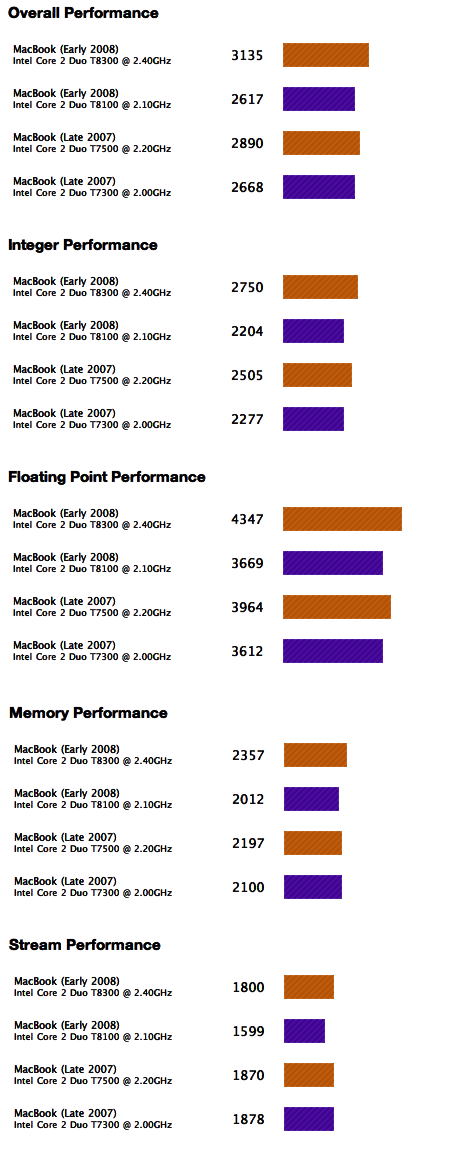
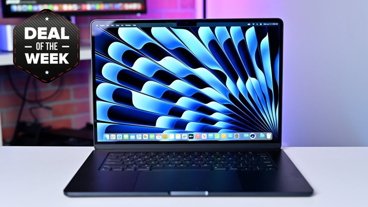
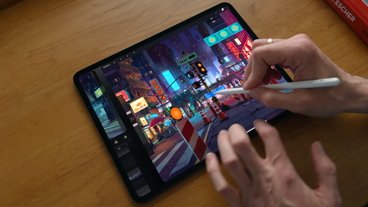
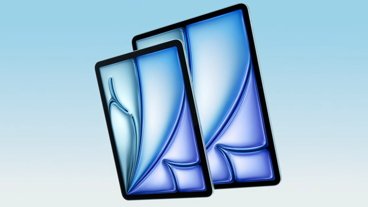
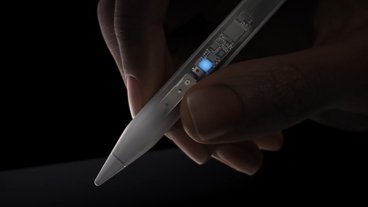

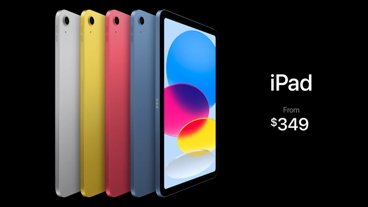







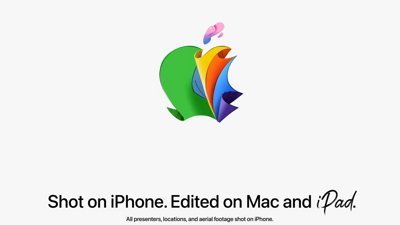
 Amber Neely
Amber Neely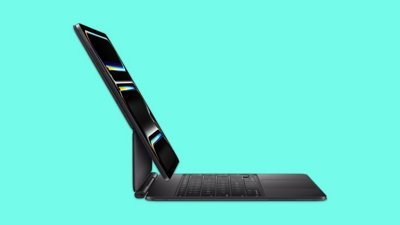
 Andrew Orr
Andrew Orr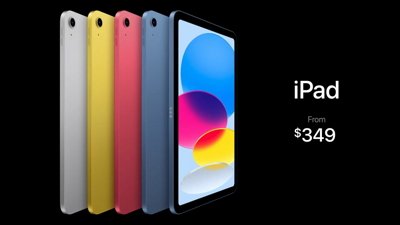
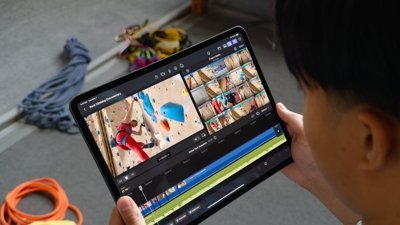
 William Gallagher
William Gallagher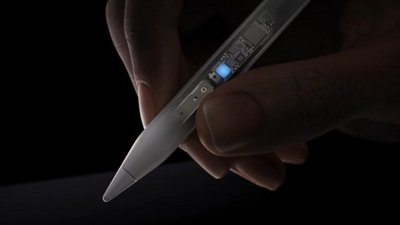
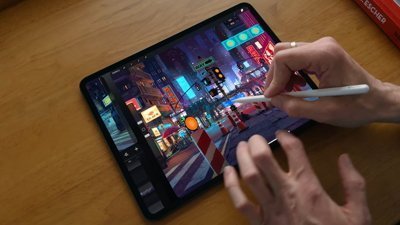
 Wesley Hilliard and Mike Peterson
Wesley Hilliard and Mike Peterson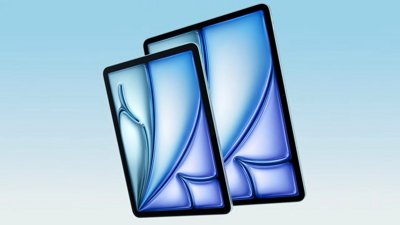
 Malcolm Owen
Malcolm Owen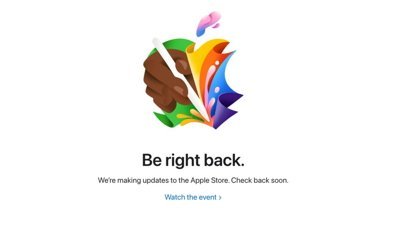
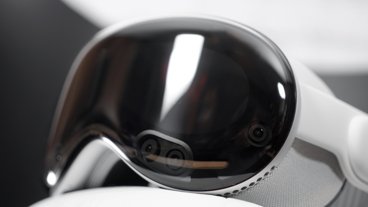
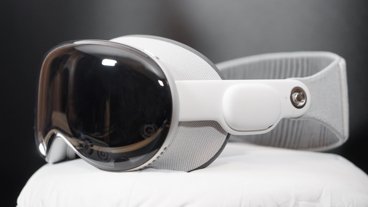







61 Comments
Null.
Entry-Level MacBook
I don't agree with Primate's conclusion. While there are certain processor aspects that are slower, they are very minute. That weighed against the additional battery time of Penryn makes it a shoe in for me, if I were looking for a base-model MacBook.
Additionally, if this were not the entry-level MacBook the issue would be more complex, but this model is not made for power users and therefore it's other benefits should be considered.
Two things:
1. Big news about higher education, but not surprising to anyone who has been to a campus in the last year. Everyone is buying macs. Every single other graduate student i know who has had to replace a machine in the last 2 years has bought a mac. parallels/bootcamp/fusion just seal the deal.
2. New macbooks being slower: that truly sucketh. I'd like to see some real world benchmarks first and not just artificial ones. The only test that has a really big difference is the stream test. Its too bad apple isn't discounting the low end machine a little more though, considering it's using a much cheaper processor.
New macbooks being slower: that truly sucketh. I'd like to see some real world benchmarks first and not just artificial ones. The only test that has a really big difference is the stream test. Its too bad apple isn't discounting the low end machine a little more though, considering it's using a much cheaper processor.
1) It's not using a "much cheaper processor." They cost the exact same (per 1000) as the generation before it and the generation before that. Right down to the penny.
2) I don't think the article was clear enough in stating that the slower performance was ONLY on the base/entry-level MacBook and that it was only slower on some processor tests. The difference is that these new processors have 3 or 6MB of L2 Cache while last generation's had 4MB across the board. Even some MBPs went from 4MB to 3MB but the difference in processor speed is greater, whereas the entry-level MB was only a 100MHz increase.
So much for the claims of the Air being the new Cube.